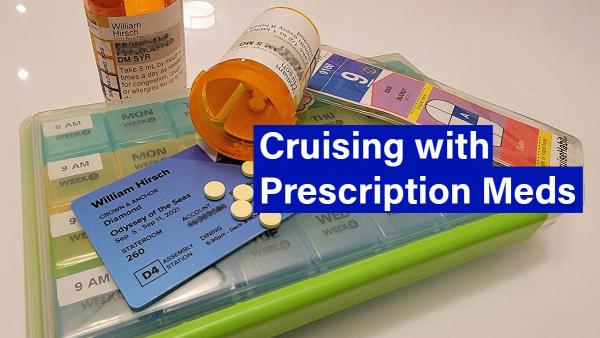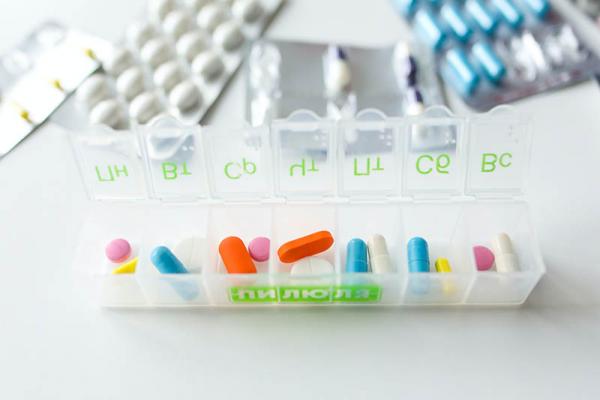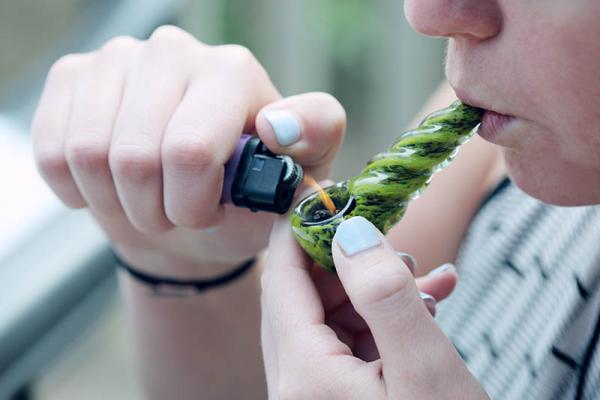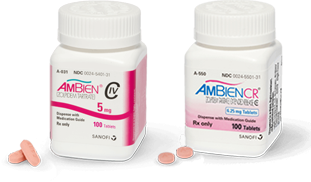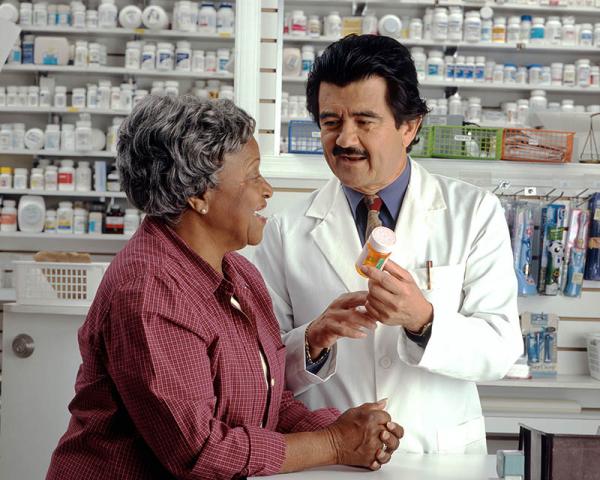When you pack for any trip, it’s important to keep in mind the things that are absolute musts, and at the top of that list should be any prescription medications that you need. Cruising, however, usually involves leaving the country, and countries may have differing rules about prescription medications, especially, though not exclusively, controlled substances. How you should pack your medications, what you should consider before you travel, and medical decisions you make abroad are all important parts of your trip-planning.
How You Should Bring Prescription Drugs on a Cruise
There are several things to consider when planning on how to bring prescriptions meds on a cruise, and the first is what the laws are in the countries you’re visiting, including the embarkation and disembarkation ports. Most countries ask that you bring medication in the original, marked container. Some, including The Bahamas, a popular cruise destination, suggest that you bring a letter from your doctor explaining that you need the medication(s) you’re carrying.
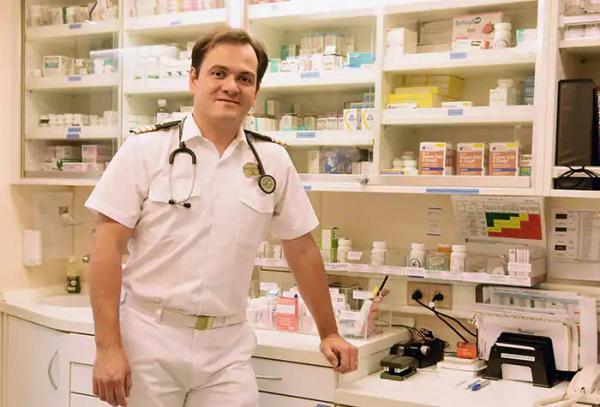
“It is suggested that a letter from the doctor stating that the medication is needed for your health be obtained and presented to Bahamas Customs if questioned.” - https://www.bahamasembdc.org/contact/faq/
Cruise lines, while not usually having strict policies on these matters, likewise recommend keeping drugs in their original, labeled prescription containers.
Many travelers going to a destination for a short time tend to carry pills the same way they do at home. Pills can be easily looked up by their markings, and you’ll have trouble finding anyone hassled about common medications while traveling. Still, it’s prudent to follow guidance from local authorities. This may be especially true if you have more than a couple days of medicine with you, or you take commonly abused and trafficked medicines, such as opiates, barbiturates, or benzodiazepines.
There is a personal benefit to the above practice as well, though it’s not just about customs or law enforcement, as we’ll cover in a moment.
Do This with Your Prescriptions Before Cruising
You’re on your cruise and something happens. Maybe you lose your medications, or perhaps your sailing is delayed in returning because of a hurricane. Maybe you end up stuck in another country because of a personal medical issue. In any of these scenarios you’ll need more medications than planned. For this reason, there are two things you should consider before you even start packing.
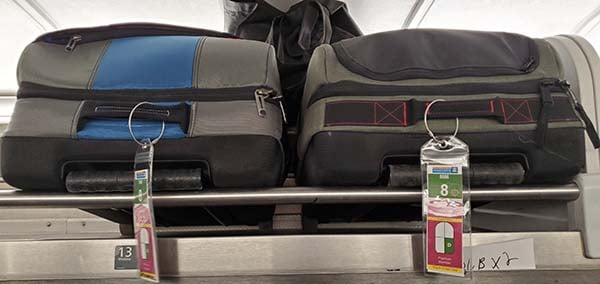
First, bring several extra days worth of medications. Although it's likely that medical centers in other countries and maybe even onboard the ship will have medications you need, whatever unplanned event that has extended or changed your trip may also be a bit distracting and leave you with other tasks before seeking refills. Having just a couple extra days of prescription meds can, quite literally, be a life-saver. If you don’t have enough, and aren’t yet able to refill your prescription, talk to your pharmacist or your physician. They’re often able to provide some small additional quantity outside of your normal prescription, to have on hand for these types of occasions. Don’t bring too much, though, as some countries do limit visitors to 30 day supplies of commonly abused or trafficked drugs.
Second, make sure you have adequate information about your medication. Hopefully, you took our earlier advice and brought your meds in their original marked containers. If you don’t do that, or perhaps even if you do, having a copy (digital, paper, or both) of your prescription records can be helpful. If you’re visiting a place where English isn’t commonly spoken, consider getting a letter from your doctor explaining your medication regimen, and having it translated into languages commonly understood in your travel destinations.
This provides not only proof of the medications you might need refilled in the event of an unpleasant surprise, but it also ensures that the healthcare professionals have the correct information about the type and dosage of medications. We all forget things, and not remembering the right dose could be problematic. Further, having the exact spelling of medication names may be helpful for research in the event the country you’re in has the same or a similar medication, but under a different name.
Medications You Can’t Bring on a Cruise
There are some things, unfortunately, that you cannot bring on your cruise. International maritime laws and the laws in most countries do not allow for you to bring marijuana onto the ship, regardless of medical marijuana laws where you live, or where the ship leaves from.
Other medicines that are prohibited some places might surprise you. Japan, for example, doesn’t allow amphetamines of any kind – including those found in Ritalin and other stimulant medications. Medicines like Ambien, used for sleep disorders, are also banned in several countries including the United Arab Emirates. In fact, the UAE and other Middle-Eastern countries tend to be very strict when it comes to prescription drugs. Singapore, interestingly, allows Ambien, but only with a special permit.
It’s Not Only Prescription Meds
Restrictions can even apply to medicines that are, in the US, over or behind the counter. A very common example is pseudoephedrine, found in some types of Sudafed and other cold medicines. Many countries in Europe, Asia, and elsewhere have banned pseudoephedrine. In Japan, diphenhydramine (Benadryl) is permitted – but the dosage capped at 10mg, far below the standard 25mg and 50mg dosages is in the US.
Buying Medicine in Other Countries
In many countries, you’ll find the same medicines available that you’re used to – and pharmacists can be fantastic resources in helping figure out what you need and how to get it. These are medical professionals with advanced degrees that are often overlooked as care providers in US pharmacies, but can be helpful wherever you’re traveling. Be weary, however, of pharmacies advertising painkillers or other drugs to tourists, and instead seek help from a pharmacy used by locals, such as one co-located with a grocery store. Additionally, be sure that any medicines you purchase abroad can be brought back to the US or whatever your final destination is.
Just like the drugs you pack, ensure that anything you purchase overseas is also kept in its original containers, and keep all of your receipts.
Cruising with Prescription Drugs - Conclusion
Odds are you could put your prescription medications into a baggie or multi-day container and call it a day. After traveling to dozens of countries with various medications (including some injectables), I’ve not personally had any trouble. Still, some things are important enough to take the extra steps to ensure that nothing will go wrong, and this certainly seems like one of them. If you have any doubts or questions before your cruise, which your healthcare provider or pharmacist can’t answer, consider speaking with a travel medicine specialist (a physician specializing in travel), as well as the embassy or embassies of countries you’ll be visiting.


